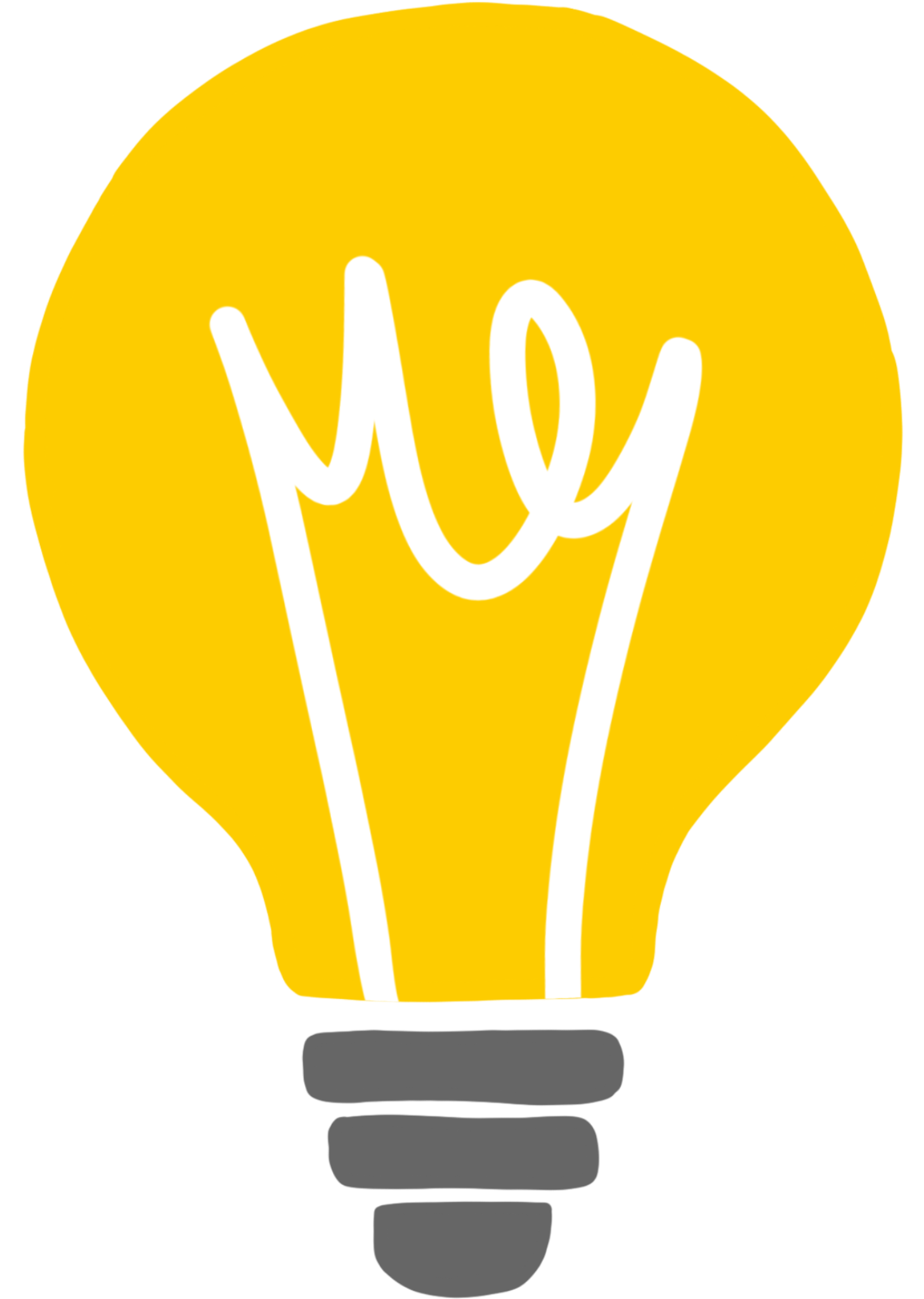Are Your Technology Choices Additive or Extractive?
I came across some new (to me) terminology in an article from Cal Newport’s blog that I think is useful: additive and extractive technology.
Additive technology takes something important to you, increases accessibility, and adds even more value. Cal uses the example of old-school, landline telephones, which made it easier to connect with people without having to meet face-to-face.
Extractive technology takes something away (your time, attention, or happiness). As Cal puts it, “it seeks to extract value from you instead of providing it.” The latest algorithm-driven versions of your favourite social media app are likely a good example.
This distinction can be helpful when considering how we use technology on a day-to-day basis, especially in our free time. But it’s not always black and white. Take mobile devices: we might use them for social media (arguably extractive), but they also let us video call a loved one in another country (clearly additive).
For me:
Listening to an educational podcast feels additive when it leaves me with ideas I can use. But sometimes what I need most is a run without headphones to give my mind space to wander.
Playing video games (just one: Animal Crossing) might look extractive to some, but for me it’s creative and relaxing, so it adds. If I played all day, though, it would become extractive, as I’d be missing out on things like exercise or time with people I care about.
That’s the point: the definitions are useful, but only if you apply them to yourself. Technology isn’t inherently good or bad; it depends on how, why, and how much you use it.
If you don’t make that choice consciously, the tools will make it for you. And their goals may not match yours.
So, I’m curious: how is technology adding to your life outside work at the moment?

